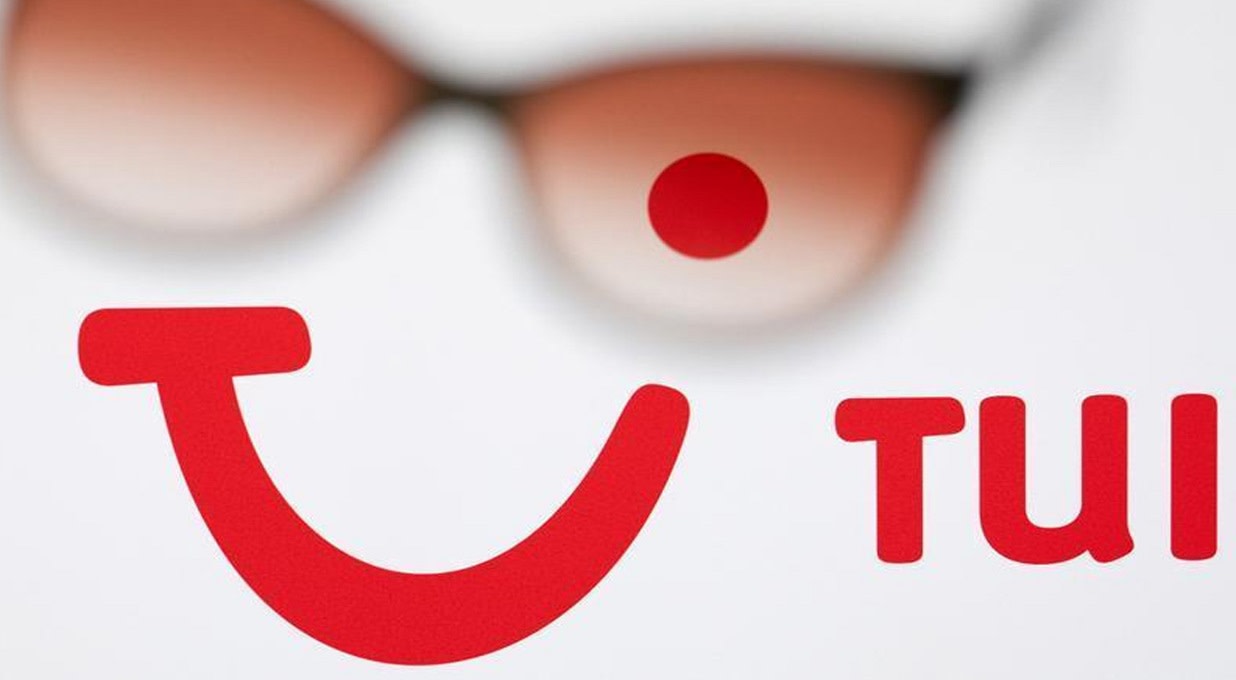TUI’s second quarter revenue reached €3.6bn, which was a record. This was a 16% improvement on the same time last year and reflected “resilient” travel demand, and stronger performances in the smaller Hotels & Resorts, and Cruise businesses.
Airline bookings were up 9% for the winter season, with average selling prices also rising 3%. 60% of the summer programme has been sold, in-line with last year.
The improved overall performance helped underlying operating losses narrow by €53.6mn to €188.7mn. Net debt levels reduced to €3.1bn from €4.2bn.
For the full year, TUI expects revenue to rise by at least 10% year-on-year, with underlying operating profit up at least 25%.
The shares rose 2.5% following the announcement.
Our view
TUI’s posted another blockbuster quarter. The core airline business has seen robust winter demand, and summer bookings, although less impressive, are still faring well. Consumers continue to prioritise travel, and that’s playing into TUI’s hands. Positive booking momentum has continued, as has progress on selling prices.
Of course, TUI is more than just an airline though.
It has a much wider package holiday business. In some ways that makes it more defensive - there's more to offer and plenty of cross-selling opportunities. But the drains on cash when you have planes, huge hotels and even cruise ships to fill are enormous, so the improved reported occupancy rates across the business come as welcome news. We’re especially pleased with progress in the cruise business, which has massively helped profits.
Debt levels have been a concern in the past, but the group are doing a good job of getting them under control. Debt is continuing to come down. And thanks to significantly improved profitability, net debt as a proportion of cash profits is importantly moving into much more attractive territory. Continued movement on this front will be key to any potential return of dividends, which are never guaranteed.
We can't knock progress, but remain wary on some wider risks.
A persistently challenging environment means it's still tricky to map demand accurately. The question is whether recent booking momentum can continue, as some softness is being felt. A lot of this will be outside TUI's control, but the powers-that-be will certainly be hoping for a soft economic landing.
TUI was concerned about over-capacity in the wider industry before the pandemic. This is an ongoing concern in our opinion, which could create the need to reduce prices if market conditions change. TUI isn't trimming its own capacity in readiness for an economic contraction and instead relies on a hybrid approach of own and third-party operated flights, which reduces, but doesn't eliminate, the risk caused by an over-supplied and overly competitive industry.
There's potential for TUI to do well in the future thanks to its more diverse offering, and investors could be rewarded for their patience. But without a dividend to sugar-coat the extra risk involved, we struggle to get too excited as things stand.
TUI key facts
All ratios are sourced from Refinitiv, based on previous day’s closing values. Please remember yields are variable and not a reliable indicator of future income. Keep in mind key figures shouldn’t be looked at on their own – it’s important to understand the big picture.
This article is not advice or a recommendation to buy, sell or hold any investment.No view is given on the present or future value or price of any investment, and investors should form their own view on any proposed investment.This article has not been prepared in accordance with legal requirements designed to promote the independence of investment research and is considered a marketing communication.Non - independent research is not subject to FCA rules prohibiting dealing ahead of research, however HL has put controls in place(including dealing restrictions, physical and information barriers) to manage potential conflicts of interest presented by such dealing.Please see our full non - independent research disclosure for more information.


